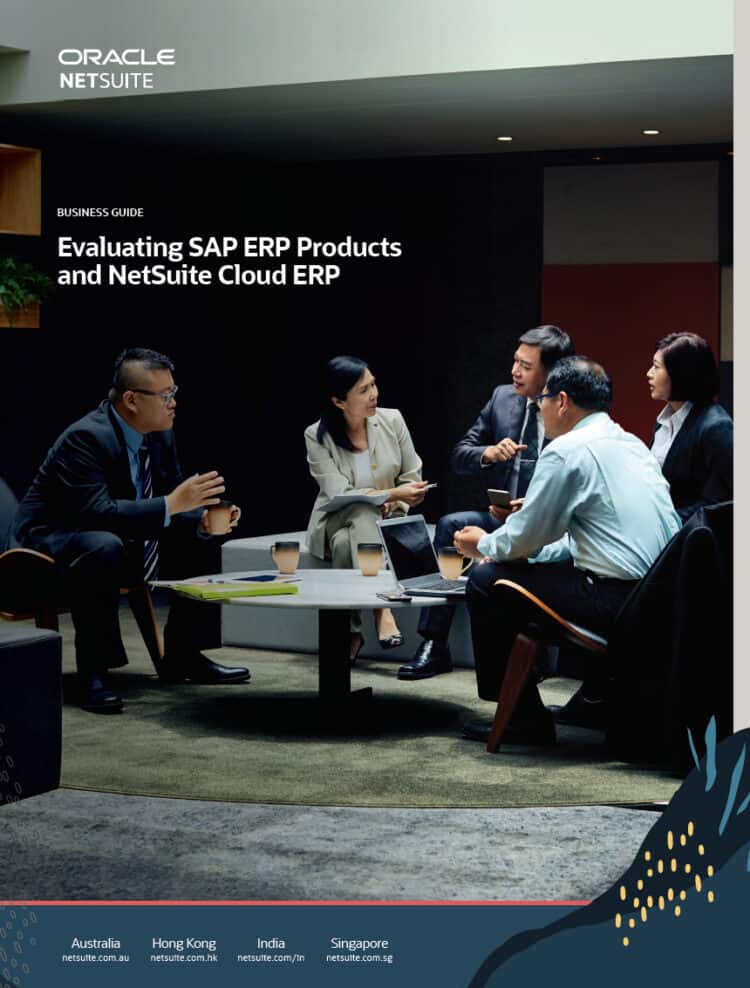Statista forecasts the global cloud ERP market will reach US$40.5 billion by 2025, growing at a CAGR of 13.6% during 2019 and 2025. Some of the advantages of adopting the cloud route include simpler deployment, lower costs, elasticity, the ability to incorporate newer functionality faster, fewer IT resources to operate, manage and support the system, as well as the ability to more easily add users and functions to accommodate business growth.
Enterprise resource software (ERP) is software that enables a company to manage all its core business functions with a unified data system. ERP systems enable CFOs to have a consolidated view of the company’s state at any point in time. The right ERP solution offers a cost-effective method for collecting, processing and analysing data for decision-making.
As custodian of the company’s financial and data, the CFO should take the lead in deciding the company’s ERP strategy. This will ensure that the choice of ERP is aligned with the company’s overall digital transformation strategy, supports the need for complete visibility to aid decision-making, improves operational efficiencies across the various functions, enables optimisation of cashflow and financial structures, and improves revenue opportunities.
This NetSuite paper details the options available to organisations trying to decide if cloud ERP is the way forward for them. Click on the link to download your copy of this NetSuite whitepaper.




